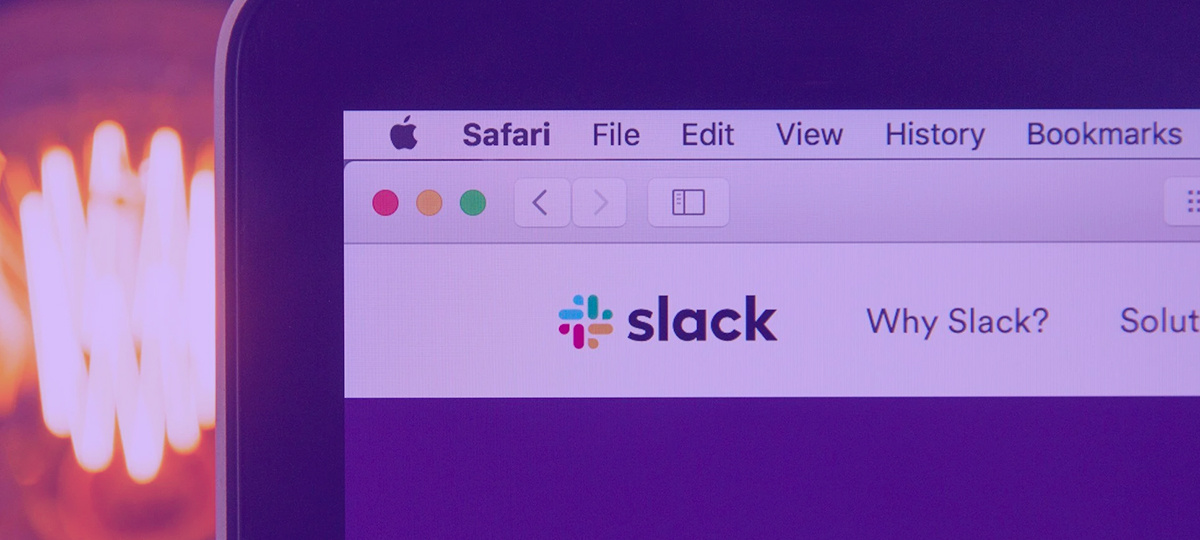
Clearly, we're biased. But we believe that remote work presents an incredible opportunity for software developers to balance their professional growth with personal freedom.
The only difficulty is that landing a remote job isn't as simple as submitting a resume/cover letter and hoping for the best. Thousands of developers apply for X-Team's open roles every month, and it's given us a lot of insight into the most common mistakes that pretty much eliminate a developer's chances for being invited to an interview.
This article will dive into the common pitfalls you need to avoid if you want to get hired remotely. If you understand and address these mistakes, you will really improve your chances of getting that fulfilling remote job.
Not Tailoring Your Application
The number one mistake we see is that remote developers don't tailor their applications to the job they're applying for. They submit a generic resume and a generic cover letter. To a trained hiring manager, it comes across as lazy and impersonal.
When applying for a remote position, you have to demonstrate that you've researched the company. That you understand its culture, its values, and its requirements. So personalize your cover letter. Highlight relevant experiences and relevant skills (important for algorithmic Applicant Tracking Systems too). Show genuine interest in the company's mission.
Yes, it's more work to tailor every application, but it's really the only way to stand a serious chance. Especially in the competitive, global market of the modern world.
Overlooking the Importance of Soft Skills
Technical skills are really important for any developer role, but we've found that the remote developers who really stand out are those with the best soft skills. We're talking excellent communication, time management, self-discipline, and problem-solving abilities.
Candidates who fail to highlight these skills in their applications or interviews are at a serious disadvantage compared to those who do. Our clients, and remote employers in general, look for candidates who can express themselves effectively and collaborate well in a distributed team.
So provide examples of how you've managed your time efficiently, how you've solved problems independently, how you set priorities, et cetera. They are indicators of your ability to thrive in a remote environment.
Not Showcasing Remote Work Experience
If you've worked remotely before, please emphasize it. You may as well, given that you're applying for a remote job. And this doesn't necessarily have to be full-time remote experience. If you've worked remotely as a freelancer, on a remote project, or even on open-source code (remote by its very nature), it demonstrates the self-discipline and adaptability companies are looking for in their remote hires.
In your resume and cover letter, be sure to mention specific remote projects or roles. Detail the skills and tools you used to succeed. Discuss the remote challeng-es you overcame. Explain that you know how to use remote work tools like Slack, Trello, Zoom, Discord. Trust us, familiarity with these tools is not always a given.
Neglecting Your Online Presence
Hiring managers google you. That's just the world we live in today and, from their perspective, it makes sense too. You're free to post whatever you want on social media, but companies are equally free to look at your profiles and decide if it would be better not to hire you based on your "hot takes" and "unpopular opinions."
It swings the other way too. If you have an up-to-date LinkedIn profile, an active GitHub, and a good-looking portfolio website, hiring managers will be much more inclined to give you the benefit of the doubt and invite you for an interview. Candidates with a consistent and professional online presence are much beloved by companies looking to hire remotely.
Not Preparing for Online Interviews
Another surprisingly common mistake if you want to get hired remotely is not preparing properly for online interviews. You've been invited to an interview, which is genuinely the the biggest hurdle. Don't botch it now because you didn't test your equipment beforehand or look as if you've just stepped out of bed.
Ensure that your camera, microphone, and internet connection are working smoothly. Choose a quiet, well-lit space for the interview, free from distractions and background noise. Rehearse answers for the questions you're most likely to get, and demonstrate confidence and professionalism during the interview. Get these things right and you will leave a positive impression during the interview.
Not Demonstrating Cultural Fit
Cultural fit is important when hiring remotely. Many candidates neglect to show how they align with the company's values and culture. Sometimes, they're not even aware of the company's values. You could be the most technically competent developer in the world, but if you're not a good cultural fit, it'll be a hard pass for experienced hiring managers.
During the interview, express your enthusiasm for the company's mission and culture. Share stories or examples that demonstrate your adaptability and ability to thrive in diverse environments. Employers are more likely to hire candidates who they believe will integrate well with the existing team and contribute positively to the company's culture.
Not Networking Effectively
Applying for remote jobs is obviously a crucial aspect of getting a remote job, but many developers underestimate the power of networking. A huge amount of roles are filled before they're even advertised, and they're filled because someone knows someone else who they know would be a good fit.
To network effectively as a remote developer, engage with online communities, attend virtual events, and connect with professionals on LinkedIn. Participate in industry discussions and contribute valuable insights to demonstrate your expertise and passion for your field. Networking is not just about seeking job opportunities; it's about building meaningful relationships that can support your career growth and development over time.
If you avoid the mistakes we've listed above, you'll be in a much better position to get hired remotely. In fact, we'd highly encourage you to create a profile on our Jobs platform and browse the many exciting roles we have available today.
TABLE OF CONTENTS



